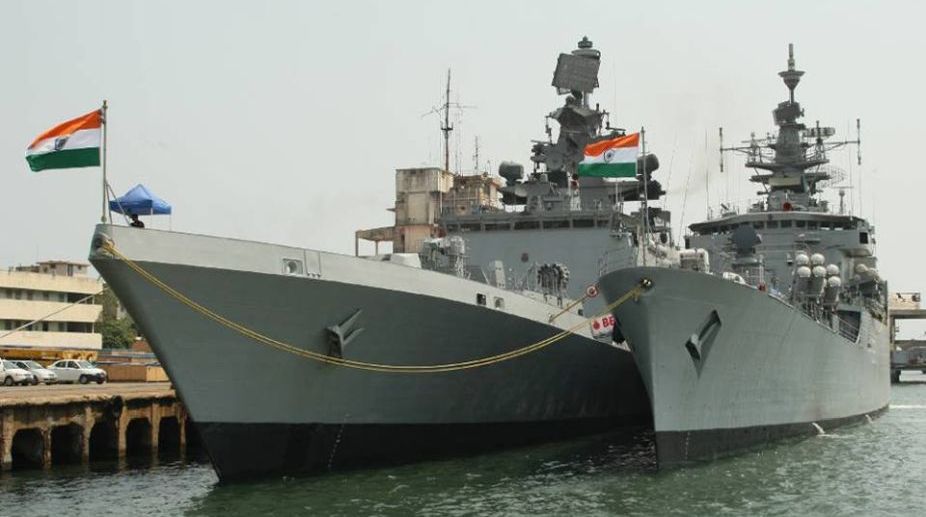Confirmation of the theory that the seas unite as much as they divide has just been underscored by ships of the Indian and Chinese navies conducting a joint operation to counter an attempted act of piracy off the African coast.
Contacts between the two forces are marginal at best, but both responded to a “distress call”, which only proves that even in the face of political confrontation humanitarian considerations retain a place of priority among seafarers.
Advertisement
In “military terms” the joint action may not have amounted to much, but that was not known to the respective naval commanders when they responded to a call from the UK Maritime Trade Organisation about a merchant ship having come under pirate attack in the Gulf of Aden.
The missile-destroyer INS Mumbai and three accompanying vessels headed for the Mediterranean immediately altered course and sailed for the “trouble spot”, as did the Chinese vessel PLA-CNS Yulin.
A helicopter from the INS Mumbai quickly reached the MV OS-35, a bulk carrier registered in the Polynesian island-state of Kelavu, which had been commandeered by pirates near Aden. Its Filipino crew had secured themselves in the hold ~ as per prescribed procedure.
However, the pirates appeared to have been aware of the distress call, and so they abandoned their “quarry”.
After the aerial search revealed no hostile activity, a boarding party from the Chinese ship completed the joint rescue operation, which has been duly appreciated by the Filipino sailors who had feared for their lives.
A feature of the operation was that the Chinese and Indian warships adhered to long-standing protocols and acted immediately ~ before political/diplomatic complexities entered the equation.
And that re-emphasises the reality that when left free to act of their own accord, military personnel respond positively to crisis situations at sea. Something both Beijing and New Delhi must applaud: the “baggage” of history must not determine every course of action.
History, alas, cannot be overlooked and recent events point to a revival of Somali-based pirate activity. At least four such cases have been reported in recent weeks ~ one of them involving an Indian crew being taken into captivity.
Piracy had been a major problem until four or five years when an international policing effort had paid dividends. At that time the practice was to hold the crew to ransom, and the shipping companies “paid up”.
In the recent cases the pirates seem keen to “loot” the cargo, rather than extort ransom money. However, the situation merits close monitoring for the menace to shipping can easily resurface. The Indian Navy had played its part in the previous operations ~ it must be ready to once again shoulder the international responsibilities that befall a major maritime power.











